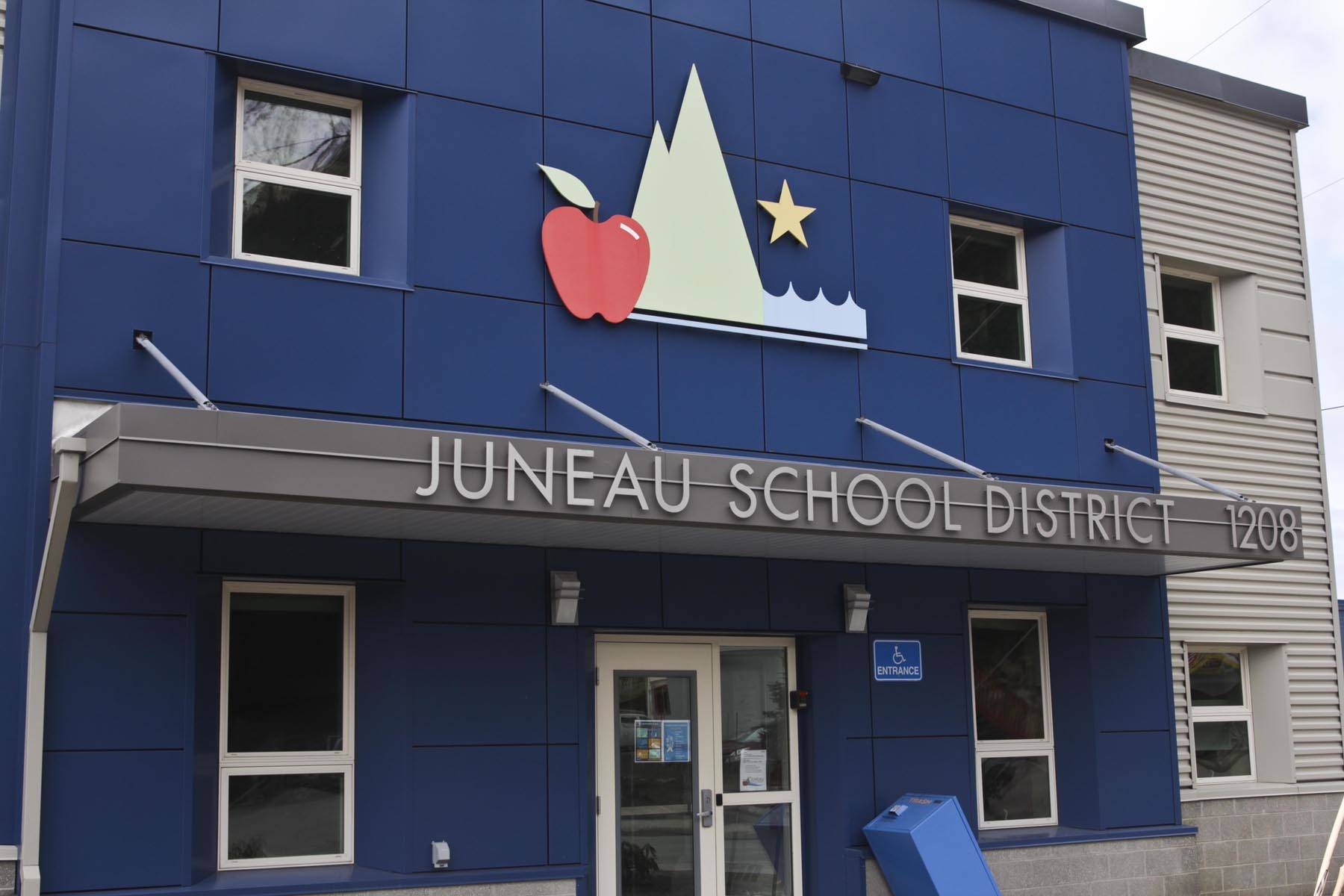The Juneau School District employs 700 staff and educates the majority of Juneau’s children.
That makes how it handles the coronavirus pandemic one of the most important factors in how Juneau weathers as cases continue to trend up.
“As soon as we bring kids into our schools we’re going to be the largest gathering [in Juneau],” said JSD Superintendent Bridget Weiss during a Chamber of Commerce luncheon on Thursday. “We want to put the school district into context. Juneau has 17,000 jobs, but 700 of those jobs are in the school district. The school district touches all of us.”
When the schools shut their doors at the beginning of the pandemic, Weiss said, the continued education at a distance was rapidly improvised. Teachers did their best, but education and effectiveness still varied widely due to the rapidly unfolding crisis. Now, after taking the summer to step back, catch their collective breath, and spend time planning, the school district is in better shape to deliver education as best it can in the fall, Weiss said.
“We’ve had some time. We were madly crashing guidance together for teachers. Teachers were completely unprepared for distance delivery,” Weiss said. “That inconsistency was one of the challenges we had trouble overcoming. Now, we’ve had time to prepare. We’ve began to collectively lift up this blended delivery program.”
Schools were one of the areas of life impacted the most deeply by the spread of the coronavirus, as students were sent home for the latter part of the school year, and sports, graduations and other mainstays of the American education system were disrupted.
“No one anticipated that a pandemic would be one of the duties we get to deal with,” said Juneau Board of Education President Brian Holst. “We’re dealing with an incredibly challenging time.”
[Tlingit and Haida works to bring transitional housing projects to life]
The demands on school districts across the country are titanic, Holst said, as schools struggle to balance the mandate to deliver quality education with the safety of students, staff, and their communities. The proximity of in-class education and habits of children make schools a vulnerable spot for the spread of infection.
“If there are a lot of cases of COVID-19, we’re going to be distance-delivering education. If there are low or no cases, we’re going with back to school. But we’re probably going to be somewhere in between,” Holst said. “We have to understand not just the needs of the families and students but our staff as well.”
The arguments for returning students to schools are many and valid, Holst said, including giving children somewhere to be during the day.
“Juneau already has one of the highest rates of dual-income households above the national average, but for parents with kids in school, it’s 80%,” Holst said. “Some 20% of them say they might have to quit their job. 35 percent say they may have to leave their kids at home.”
The social experience of school is also extremely important for students, Weiss said.
“We really have explored the challenges around this. The developmental growth of students is impacted by their time when they’re not in schools,” Weiss said. “The social and emotional needs of children in adults in this pandemic is increasing.”
As the start of the school year, scheduled for Aug. 24 for elementary, middle and high school, approaches flexibility and responsiveness in operations will be important for Juneau schools, Weiss said.
“We’ve had so much stakeholder input. We’ve had public forums with a lot of questions. One of the things I’ve learned is how individual risk tolerance is,” Weiss said. “We’re turning stones over that we’ve never turned over to create options. Really being creative and flexible is one of the ways we can provide structures for families and staff.”
The district will continue to monitor the situation as cases in Alaska continue to mount and respond as appropriately as possible under the Smart Start, a sliding scale for how the opening will be handled, Weiss said. The state also continues to offer guidance, Weiss, as more data becomes available.
“What I know today is, no question, instruction will start on the 24th. Whether that’s face to face or distance is the question right now,” Weiss said. “None of us have a crystal ball.”
• Contact reporter Michael S. Lockett at 757-621-1197 or lockett@juneauempire.com.

